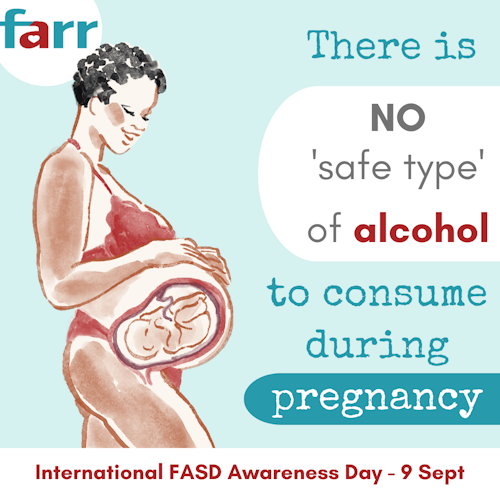Alcohol abuse by mothers-to-be on the rise in Gauteng

Newborn babies bear the brunt of high alcohol consumption ingestion as a result of binging mothers-to-be in urban areas.
Studies estimate that in the western and northern Cape between 5% to 10% of of children entering school, have developed foetal alcohol syndrome (FAS). In Gauteng the figure is at 2.5%, the study showed.
The figures place South Africa at the top of foetal alcohol syndrome rate in the world, the Foundation for Alcohol Related Research said in its report.
The syndrome is thought to affect at least three million children in South Africa.
Prof Leslie London of public health medicine at the University of Cape Town said the condition was no longer restricted to farm workers.
“There are studies which show that rates of FAS in urban areas are high, and that surprises many people because people tend to think of FAS as a problem of farm worker communities, linked to the ‘dop’ system.
“The initial studies were conducted in the Western Cape but subsequent studies have shown that urban areas have high rates that we were not aware of,” London said.
The reasons many women drink during pregnancy were complex and included socio-political factors in the broad sense, and also factors of current worldwide trends of increased substance misuse, including alcohol.
“Apart from societally condoned patterns of (alcohol) use in South Africa, alcohol is easily available and is strongly marketed through the industry,” London said.
The South African National Council on Alcholism and Drug Dependence (Sanca) in Johannesburg conducts prevention awareness campaigns at clinics to educate women about the dangers of alcohol use during pregnancy.
“Our doors as an organisation are open to anyone who seeks help.
“We encourage anybody seeking help to come to visit us,” the organisation said.
Lizahn Cloete, who interviewed 14 women from the West Coast, gave an insight into pressures driving women to alcohol and to risk the well-being of their unborn babies.
“From the stories I could pick up, FAS (and excessive drinking patterns) played a very small part of all the problems these women face. There were issues of verbal and physical abuse, food insecurities, financial shortages, misuse of social grants, child abuse,” she said in the report.
London labelled FAS as a “social problem, in which the industry has a culpability that is never mentioned”.
He said making the prevention an individual’s responsibility is close to blaming the drinking mother for the problem, “but this was neither effective nor good public health practice”.
Lerato Diale
leratod@thenewage.co.za



